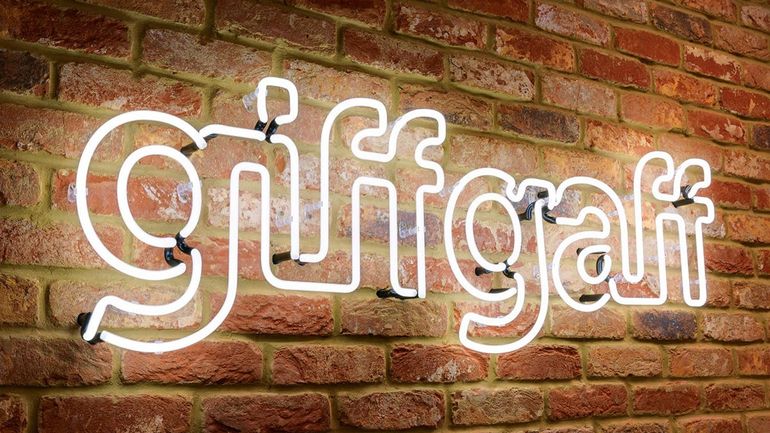
Prioritizing Sustainability: Giffgaff's Approach to Balancing Carbon Impact in Media Strategies

Discover how Giffgaff's marketing strategy emphasizes the importance of 'people, planet, and profit' in creating sustainable media plans.
Giffgaff
When approving media plans, it's important to consider reach, frequency, and cost. However, George Bramall, the marketing strategy director at Giffgaff, emphasizes that we must also take into account the carbon impact.
The company has successfully reduced its environmental footprint by removing 52 tonnes of carbon over the past year, which is equivalent to 14% of its annual media plan.
During a session at Advertising Week Europe on 14 May, a representative mentioned that while they are pleased with the progress, they are determined to further improve their sustainability efforts.
Giffgaff might want to explore working with different digital companies in the future instead of relying solely on Facebook and Google. They are considering bringing in newer suppliers who have shown progress in reducing carbon emissions.
In the past year, Giffgaff received B Corp accreditation, emphasizing their commitment to social and environmental responsibility. This is reflected in their brand message, "We're Up To Good."
The company has recently introduced the Up To Good Collective Fund as part of its positioning. This initiative encourages partners and suppliers to donate a portion of their media spend to help reduce carbon emissions.
Bramall pointed out that the company's main goal is to eliminate carbon emissions at the source. However, she acknowledges that there may be instances where this is not feasible.
"We can use the fund to brainstorm ways to utilize media and partner contributions effectively," she explained. "We want to make a tangible impact and effort in those areas."
Unlike most businesses focused on satisfying shareholders, our goal is to prioritize the well-being of people, the planet, and profit equally.
George Bramall from Giffgaff emphasized the company's partnerships with media owners, focusing on their presence in media spaces. They established principles around "responsible reach" to achieve this.
"We're focusing on decarbonizing the advertising we release into the market. It's important to consider the partners we choose for our media plan."
"For instance, we ask for our out-of-home (OOH) sites to be switched off after 12pm because, let's face it, nobody is shopping for a refurbished phone at 3am."
Giffgaff also talked about their partnership with Big Issue, emphasizing how crucial it is for vendors to have access to the right technology to address the challenge of declining cash transactions.
In order to support this, Giffgaff gave Big Issue 250 refurbished phones, with each phone helping to save 50kgs of carbon emissions.
She explained that discussing refurbished phones and their role within the overall ecosystem was made possible by this opportunity.
Bramall described the company's three-year journey to becoming B Corp certified as the most challenging endeavor they have undertaken.
"We are not like most businesses that prioritize satisfying shareholders. Our goal is to equally balance the needs of people, the planet, and profit," she explained.
Looking back on Giffgaff's 15-year history, Bramall discussed the company's core values, emphasizing their focus on people and the planet. Their main objective is to keep things simple by offering sim-only and online-only services.
The company's shift to digital-only was essential in reaching its sustainability targets. This move allowed the company to function without contact centers, reduce its physical retail presence, and offer customers smooth digital experiences.
Looking ahead to 2024 and beyond, the company aims to be more ambitious in its responsible growth strategies. It also seeks to understand how being a B Corp influences its recruitment of talented individuals.
"We often hear that the sustainability of our business is a huge attraction," she explained. "This is great for us because, being a small business, attracting top talent can really make a significant impact."
Editor's P/S:
The article highlights Giffgaff's commendable efforts in reducing its environmental impact by incorporating sustainability into its media planning. The company's proactive approach to minimizing carbon emissions, as evidenced by the removal of 52 tonnes of carbon, serves as an inspiration for other businesses to prioritize environmental responsibility.
Giffgaff's commitment to sustainability extends beyond its media campaigns, as the company embraces a holistic approach to its operations. Its B Corp certification and initiatives like the Up To Good Collective Fund demonstrate its unwavering dedication to social and environmental causes. By focusing on responsible reach and partnering with organizations like Big Issue, Giffgaff is setting a positive example for businesses to balance profit with purpose.




















